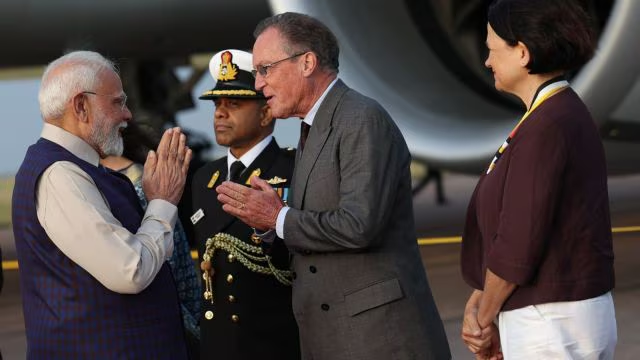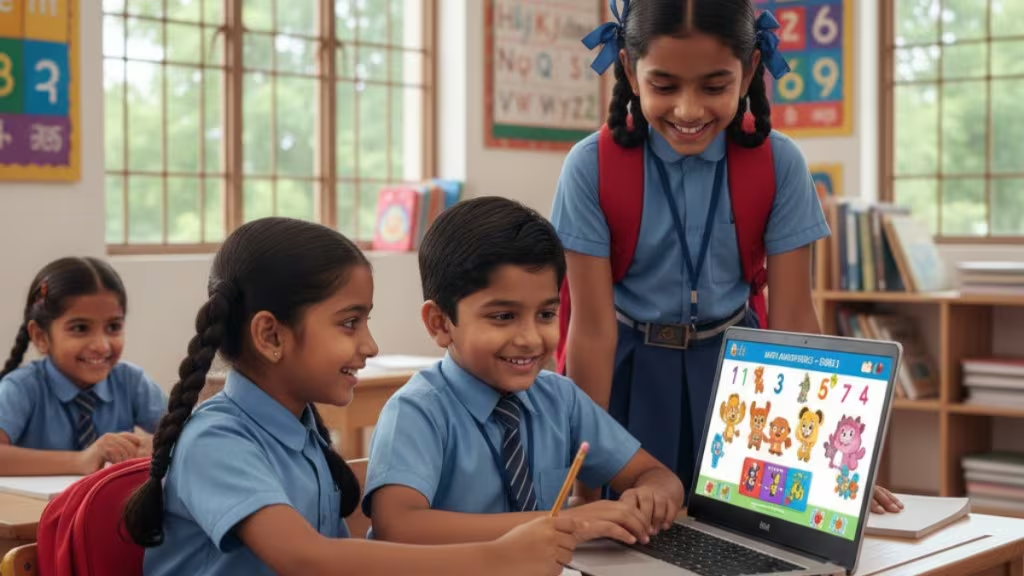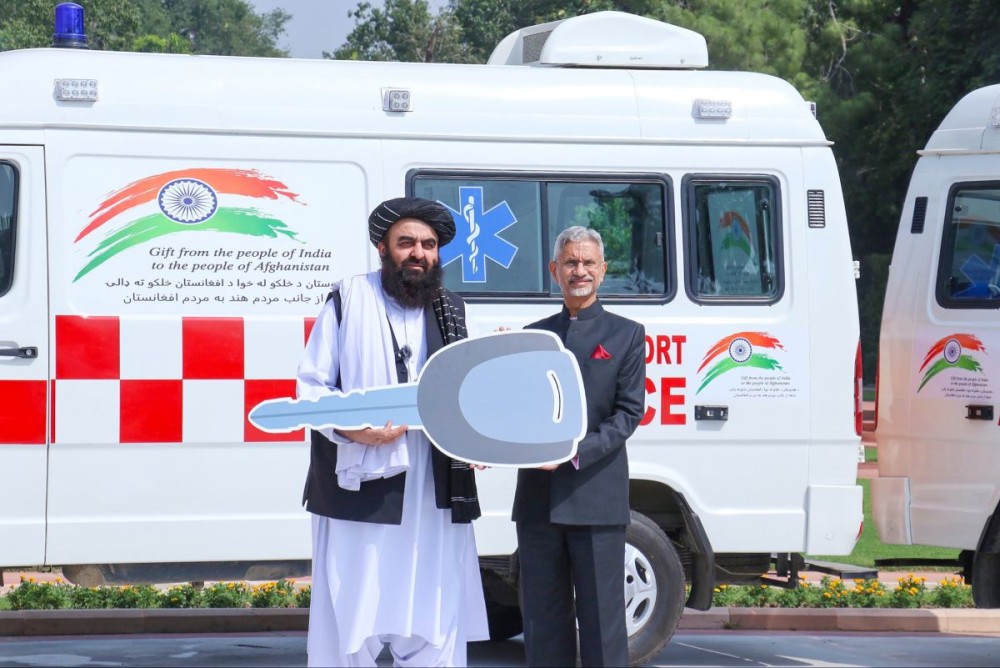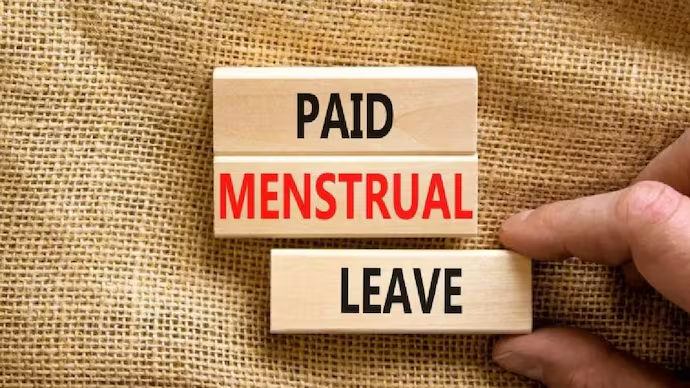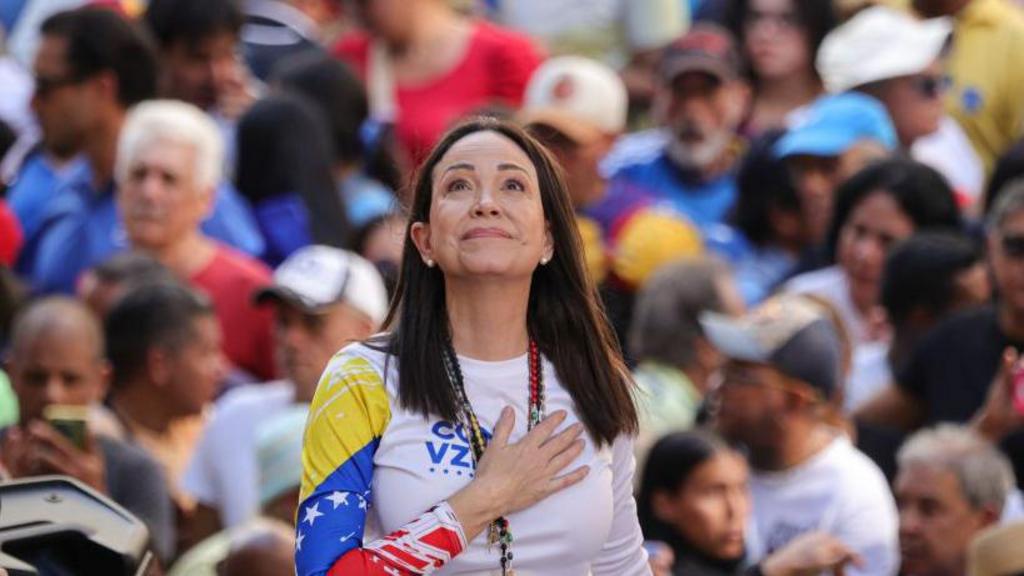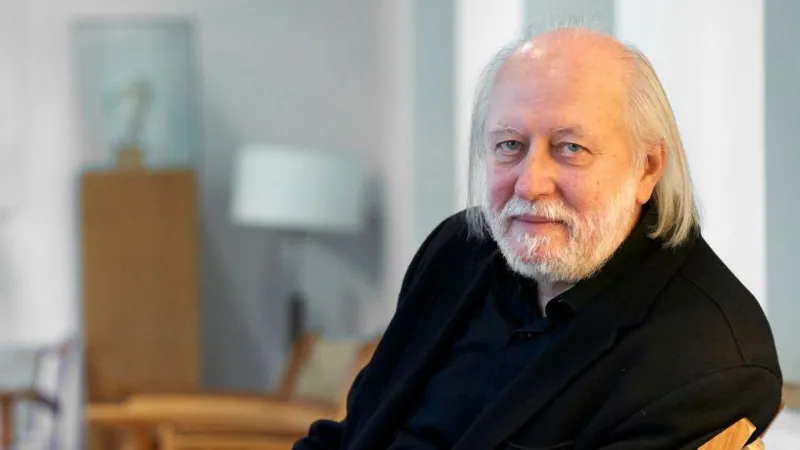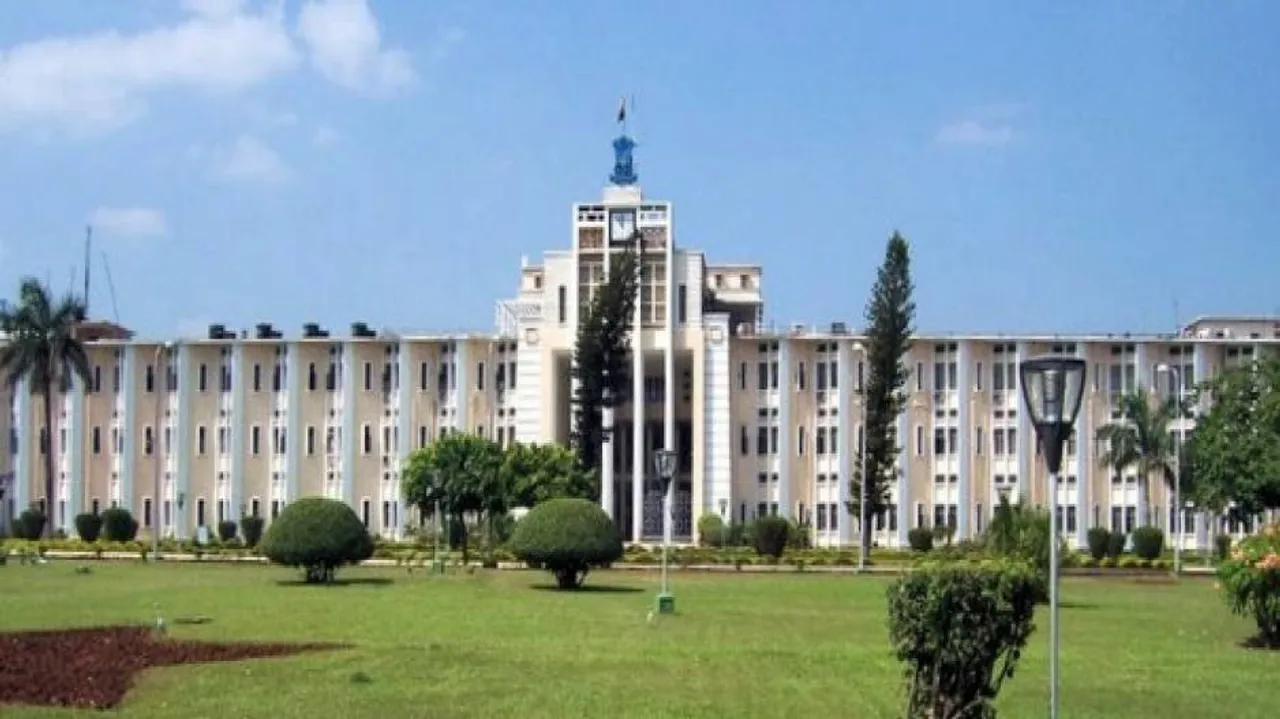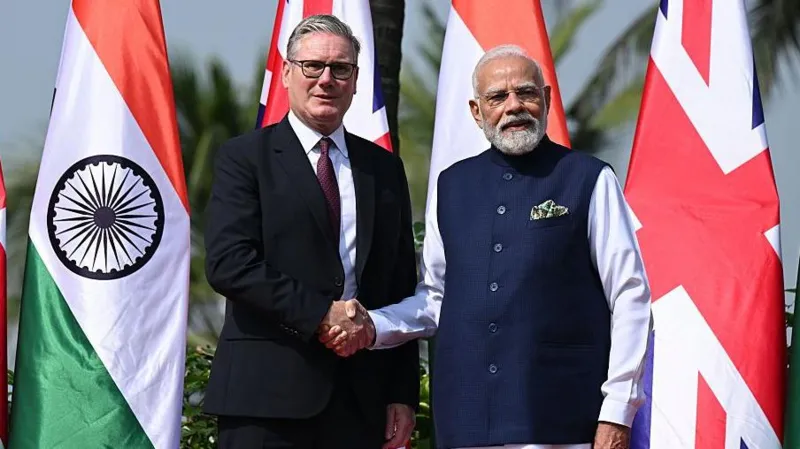London, July 24, 2025 — Prime Minister Narendra Modi arrived in London early Thursday to a warm welcome from the Indian diaspora, ahead of the formal signing of the highly anticipated India-UK Free Trade Agreement (FTA). This agreement marks a historic moment in India-UK bilateral relations, aimed at deepening economic ties and boosting growth and employment across both countries.
PM Modi, sharing photos of his arrival, posted on social media platform X (formerly Twitter):
“This visit will go a long way in advancing the economic partnership between our nations. The focus will be on furthering prosperity, growth and boosting job creation for our people. A strong India-UK friendship is essential for global progress.”
A Turning Point in Bilateral Ties
The centrepiece of the visit was the official signing of the FTA with British Prime Minister Keir Starmer. While the deal had been announced earlier in May, its legal finalisation and signing were delayed until now. The agreement comes after three years of political uncertainty in Britain and a sweeping Labour Party victory in the general elections.
Describing the agreement as a “landmark”, PM Starmer stated:
“The UK-India FTA will create thousands of British jobs, unlock new opportunities for businesses and drive growth across the country. This is a major win for Britain.”
Starmer also said the deal was part of his “Plan for Change”, helping to put more money in people’s pockets and easing the cost of living crisis in the UK. He added the FTA would open a “new vision for 2035”, including enhanced defence cooperation.
Historic Economic Impact
This FTA is India’s first major trade agreement with a Western country since it opted out of the China-led Regional Comprehensive Economic Partnership (RCEP) in 2019.
Key features of the agreement include:
-
Tariff elimination on 99% of tariff lines, covering nearly 100% of the trade value.
-
Reduction of India’s average tariff on British goods from 15% to 3%.
-
Immediate halving of the 150% tariff on whisky to 75%, to be reduced further to 40% over 10 years.
-
Increased access for UK goods such as soft drinks, cosmetics, medical devices, and automobiles.
In return, Indian exports — especially textiles, leather goods, and engineering products — are expected to see a significant boost.
The pact also includes a Double Contribution Convention Agreement, which eases social security contributions for professionals working across both countries.
Investments and Industrial Ties
As part of the broader economic cooperation, British officials confirmed nearly £6 billion in new investment and export deals. Major British firms like Airbus and Rolls-Royce plan to expand their operations in India. Airbus aircraft powered by Rolls-Royce engines will soon begin delivery, strengthening the aviation and defence relationship between the two nations.
Diaspora Connect
PM Modi’s visit was marked by strong emotional support from the Indian community in the UK. In his social media post, he said:
“Touched by the warm welcome from the Indian community in the UK. Their affection and passion towards India’s progress is truly heartening.”
This diplomatic and trade milestone is expected to pave the way for enhanced people-to-people ties, business collaborations, and a roadmap for a deeper India-UK strategic partnership through 2035.


